Cloud-based ERP Software Solutions
Elevate your business transformation with ACCNU ERP Software, expediting your journey toward success.
ERP Features:
- Procurement
- Sales
- Pre - sales (CRM)
- Delivery
- Invoicing
- Payment Collection
Enquire Now
Close
Elevate your business transformation with ACCNU ERP Software, expediting your journey toward success.
Enquire Now

Embrace the flexibility of working anywhere, any time, and seize the opportunity to maximize your productivity.
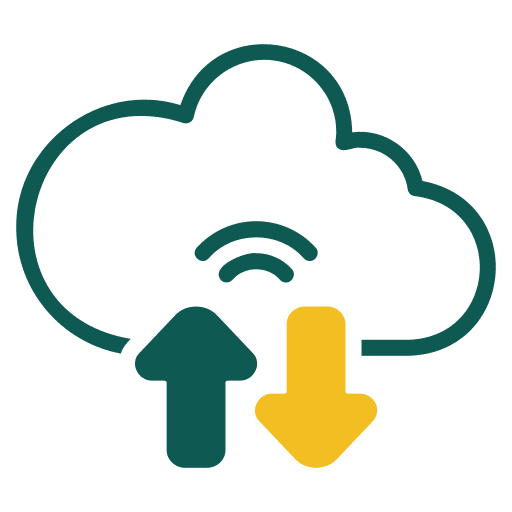
Your data is continuously backed up in real time on our servers.
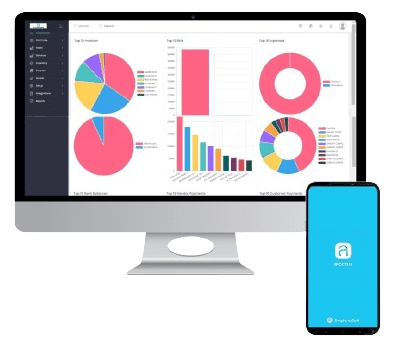

We guarantee the assessment of security through the implementation of advanced security systems.

Updates are seamlessly deployed directly without disrupting the existing live systems.






Facilitates customer interaction, order placement, and tracking

Streamlines the order-picking process in warehouses for efficient inventory retrieval.

Tracks and optimizes the delivery process, providing real-time updates to customers.

Enables secure and convenient collection of payments from customers.

Supports sales representatives in managing and closing sales deals.

Manages the packaging of products for shipment, ensuring accuracy and safety.

Coordinates and manages the overall shipping logistics for timely and secure product transportation.

Manages and tracks inventory levels, helping optimize stock and reduce shortages.
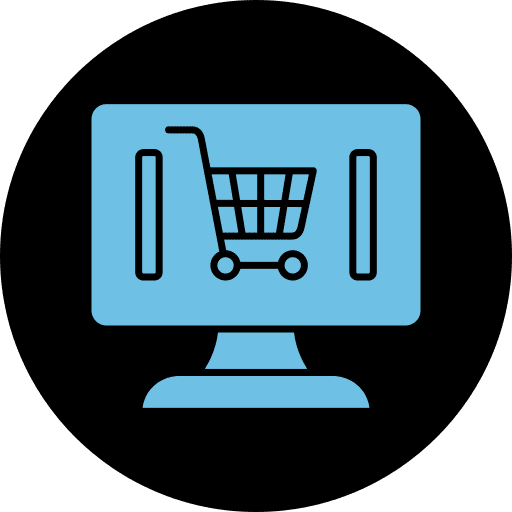
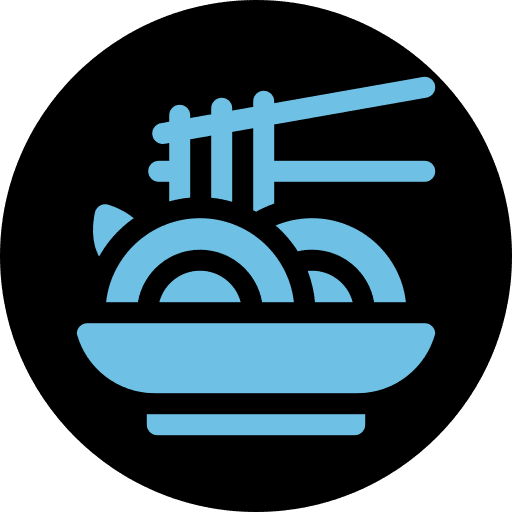



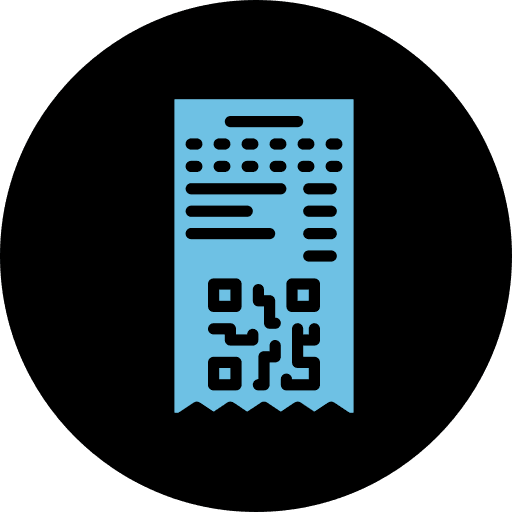





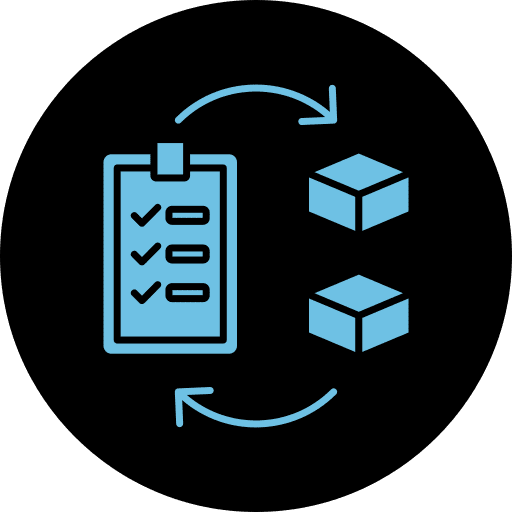

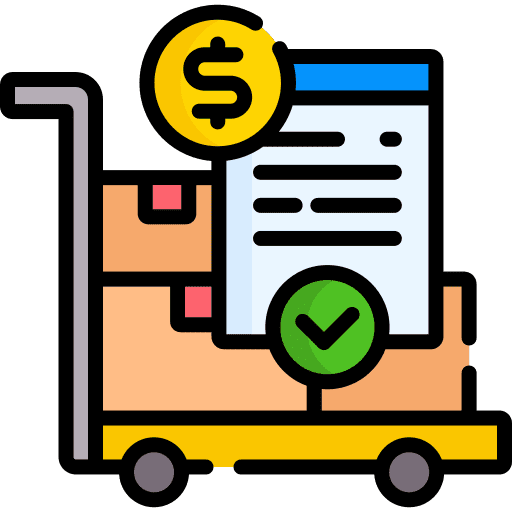


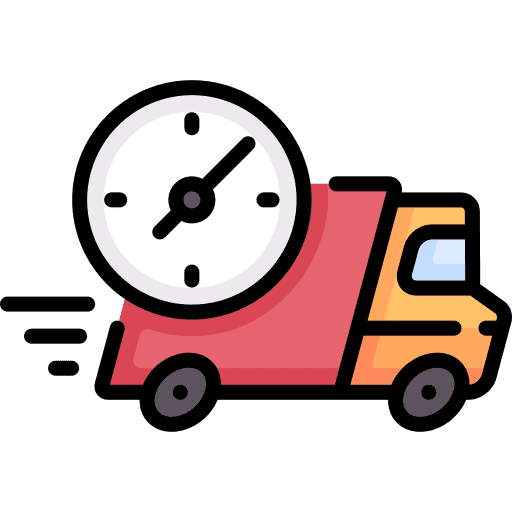

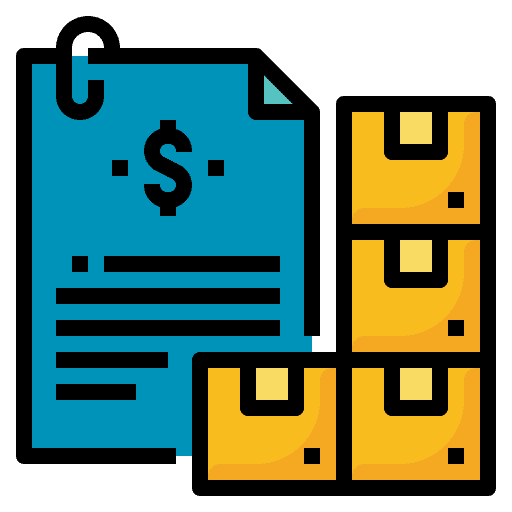
ACCNU boasts highly secure and robust REST APIs and Webhooks, ensuring effortless integration with any system. By seamlessly integrating with numerous systems, ACCNU aims to deliver optimal visibility and end-to-end solutions for the last mile.
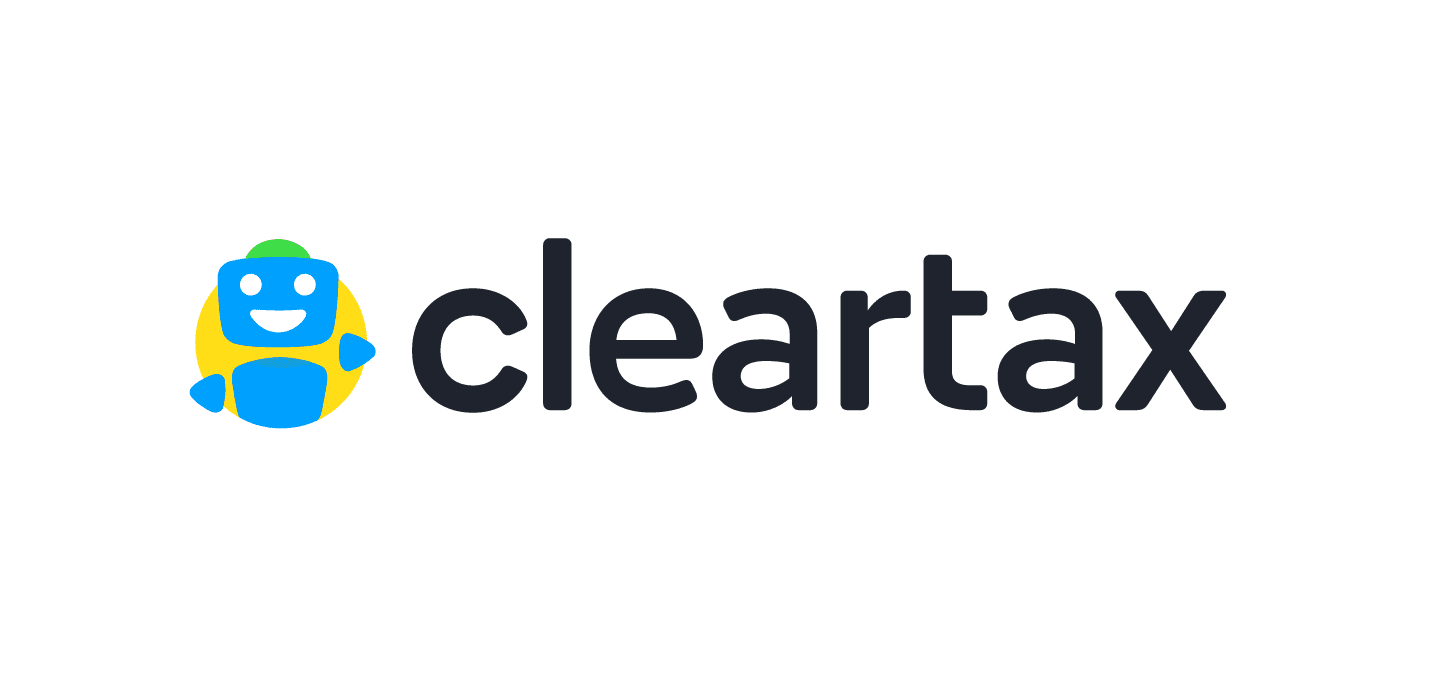






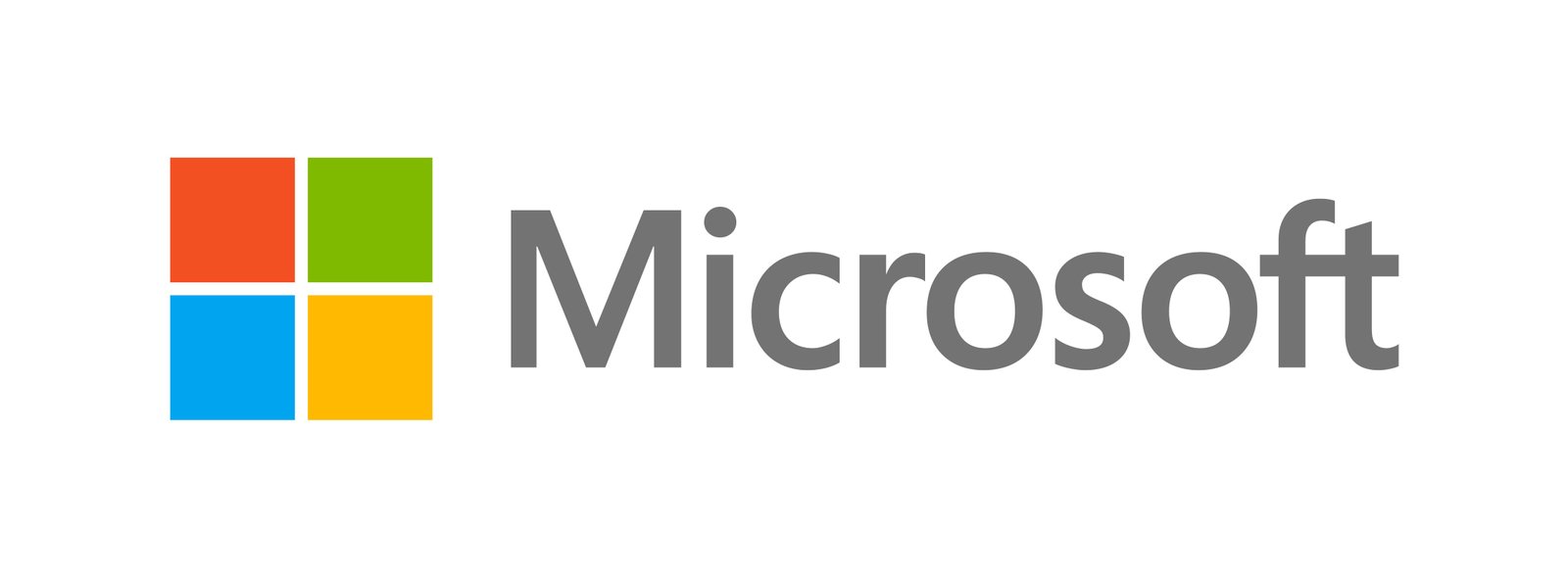

 Mr.G.Ravindra Reddy, Proprietor, RK Enterprises
Mr.G.Ravindra Reddy, Proprietor, RK Enterprises
 Mr.C .Uday Kumar, Proprietor, SLNR TRADERS
Mr.C .Uday Kumar, Proprietor, SLNR TRADERS
 Mr.P.Ramesh, Operations Incharge
Mr.P.Ramesh, Operations Incharge
SAI DURGA ENTERPRISES
First is their excellent support. Be it a query / issue / Gap, they will jump on it and provide the solution. Customizable reports is another advantage. Very strong at accounts receivable and payables reports and aging. With this our cash flow has been improved a lot. They will take care of all Government compliances. I am least bother about data base backup, Government laws etc . accnu is taking care of it.
Accnu ERP has been helping us to track our business end to end. Earlier I was using Tally to manage my business and it was very difficult for me to understand the terminologies and also there was no inventory management functionality. With accnu’s user friendly interface, it’s been so easy to track inventory along with end to end accounting. For Small and medium entrepreneurs accnu will become really an Asset. I appreciate Emphorasoft team for giving me the best product.
We are into distribution and selling of Sanitary items since 50+ Years, EmphoraSoft provided us a good Inventory Management system, custom reports and Email messaging. Using accnu ERP I have been managing inventory without loss and also transfer stock to other branches with ease. We also using POS of Emphorasoft and it is very much helpful.
ERP (Enterprise Resource Planning) system is a piece of software that unifies the departments and business operations of an organization. An ERP system’s main purpose is to store, manage, and enable real-time access to data and information for a variety of applications, including supply chain management, sales, finance, human resources, and customer relationship management.
Enterprise resource planning (ERP) systems have many advantages for a company. Above all, an ERP system makes it possible for different corporate processes to be better integrated and coordinated. All organizational departments have real-time access to and sharing of information thanks to a centralized database. By doing away with the requirement for manual data entry and lowering errors, this streamlines corporate processes and boosts productivity all around.
ERP (Enterprise Resource Planning) system is a piece of software that businesses can use to manage and optimize their key business activities. ERP systems have a lot of built-in features and capabilities, but it’s crucial to modify them to meet a company’s unique requirements. Thanks to this customization, companies may match their specific workflows, procedures, and needs with the ERP system.
ERP software provides retailers with a centralized system that integrates all aspects of their business, such as inventory management, sales, and marketing, financial management, and customer relationship management. This holistic approach enables retailers to have better inventory control, track sales performance, manage customer data effectively, and analyze trends, thereby enhancing their decision-making abilities and improving overall business performance.
When choosing an ERP software, there are several key features that I consider essential. Firstly, scalability is a crucial feature to look for. As my business grows, I need an ERP system that can easily scale up and accommodate the increased workload and data. This includes the ability to add more users, handle larger volumes of transactions, and support multiple locations. Additionally, the software should have the capability to integrate with other systems and platforms that my business relies on, such as CRM software, e-commerce platforms, and third-party applications. Seamless integration ensures that all data is easily accessible and can be shared across various functions, improving efficiency and reducing manual errors.
ERP (Enterprise Resource Planning) software refers to a comprehensive business management system that integrates core processes and enables organizations to streamline their operations. It acts as a central hub, connecting various departments and functions within a company. ERP software works by consolidating data from different sources and providing a unified platform for managing key business processes, such as inventory management, procurement, sales, finance, human resources, and customer relationship management.
Enterprise Resource Planning (ERP) is a software solution that integrates various business processes and functions into a unified system. It allows for centralized data management, streamlining and automating critical operations such as finance, inventory management, sales, human resources, and customer relationship management. ERP systems provide small businesses with numerous benefits, enabling them to enhance efficiency, make informed decisions, and improve overall productivity.
Enterprise Resource Planning (ERP) systems can be a costly endeavor, especially for small businesses. The cost of implementing an ERP system can vary depending on various factors such as the size and complexity of the business, the number of users, and the scope of implementation. This cost includes expenses like software licenses, hardware infrastructure, customization, training, data migration, and ongoing maintenance and support. However, it is important to note that these costs can be significantly higher for businesses with complex operations or specific industry requirements.
An organization can gain a great deal from implementing an enterprise resource planning (ERP) program. First off, by connecting many departments’ functions, an ERP system helps simplify company processes. Through this integration, human labour is reduced and redundant entries in several systems are eliminated, improving operational effectiveness and resulting in cost savings. Furthermore, an ERP program gives managers instant access to vital business data, enabling them to make deft decisions based on current, correct information. This increases openness and makes it easier for various teams to coordinate, which eventually boosts output and increases customer satisfaction.
Small businesses can greatly benefit from using an ERP (Enterprise Resource Planning) program. One key advantage is that an ERP system integrates various business functions and processes into one centralized platform. This allows small business owners to have a comprehensive and real-time view of their operations, including finance, sales, inventory, and customer relationship management. By having access to accurate and up-to-date data, small businesses can make informed decisions, identify areas for improvement, and streamline their business processes. This increased efficiency and visibility can result in cost savings, improved productivity, and better customer service.
Enterprise Resource Planning (ERP) programs are widely used in various industries to streamline and integrate business processes. One industry that commonly utilizes ERP programs is manufacturing. These programs help manufacturers track and manage their inventory, production processes, and supply chain activities. By incorporating modules for production planning, material requirements planning, and quality management, ERP systems enable manufacturers to optimize their operations, reduce costs, and improve overall efficiency. The use of ERP programs in manufacturing also facilitates better coordination between different departments and allows real-time access to critical data, enabling organizations to make informed decisions and adapt quickly to market demands.
ERP (Enterprise Resource Planning) solution helps businesses in several ways. Firstly, it integrates various departments and functions within an organization, such as finance, human resources, inventory management, sales, and production. This integration allows for improved collaboration and communication between different departments. For instance, the finance department can access real-time sales data to make better financial decisions, while the production team can track inventory levels to plan production schedules more efficiently.
Enterprise resource planning (ERP) solutions are highly sophisticated software systems used by businesses to integrate and manage their core operations. They offer a wide range of features and functionalities that streamline and automate business processes. One of the common features of ERP solutions is a centralized database. This allows all users to have access to accurate and up-to-date information, enabling better decision-making and collaboration across various departments. By having a single source of truth, it also eliminates data duplication and inconsistencies.
The price of ERP software can vary significantly depending on several factors. Firstly, the size and complexity of an organization can influence the cost. Larger companies with multiple locations and numerous departments may require more modules and customization, resulting in higher costs. Additionally, the number of users who will access the software can also impact the price. Companies with more users will likely need to purchase more licenses, which can drive up the overall price. Furthermore, the choice between cloud-based or on-premises deployment can affect the cost. While cloud-based options often have lower upfront fees, on-premises solutions may require additional infrastructure and maintenance costs. Therefore, it is essential for businesses to consider their specific requirements and budget when evaluating the price of ERP software.
ERP (Enterprise Resource Planning) software is influenced by several factors. One of the main factors is the complexity and scalability of the software. ERP systems are designed to manage various business processes and operations, and the more complex and advanced the features and functionalities of the software, the higher the price. Additionally, the scalability of the software, which refers to its ability to handle increasing data and users, can also impact the price. A highly scalable ERP system that can accommodate a large number of users and data is usually more expensive.
Manufacturing ERP software encompasses a range of essential features and functionalities designed to streamline and optimize the intricate processes within manufacturing operations. Central to its capabilities is Master Data Management, ensuring a centralized repository for critical data such as product details and bills of materials. The system excels in Inventory Management, enabling real-time tracking of raw materials and finished goods, coupled with automated reorder mechanisms.
Manufacturing ERP software plays a pivotal role in streamlining production processes and enhancing operational efficiency in several ways. Firstly, through robust Production Planning and Scheduling features, it assists in optimizing resource allocation and aligning production activities with demand forecasts. This ensures that manufacturing processes are well-coordinated, minimizing bottlenecks and maximizing efficiency. The software’s Inventory Management capabilities enable real-time tracking of raw materials and finished goods, preventing stockouts or overstock situations and contributing to smoother production workflows.
Distribution ERP software, also known as Enterprise Resource Planning software, is a comprehensive integrated software solution designed specifically for managing and streamlining distribution-related processes. It serves as a central hub that connects various departments within a distribution business, such as sales, purchasing, inventory, and warehouse management, enabling seamless communication and synchronization of data across the organization. The primary purpose of distribution ERP software is to automate and optimize the various functions involved in the distribution process, helping businesses improve efficiency, reduce costs, and enhance customer satisfaction.
When considering distribution ERP software, key features play a critical role in optimizing supply chain and distribution processes. Order Management functionality is paramount, ensuring smooth order processing and fulfillment with real-time tracking. Efficient Inventory Management is crucial, offering accurate stock tracking and automated reorder capabilities to prevent stockouts or excess inventory.
Inventory management software is a powerful tool that allows businesses to effectively track, manage, and control their inventory. It provides a centralized system that automates inventory processes, such as stock counting, ordering, and tracking. This software is designed to enhance the overall efficiency of inventory management by reducing human errors, optimizing inventory levels, and improving customer satisfaction.
Inventory management software provides numerous benefits for businesses of all sizes. Firstly, it improves efficiency and accuracy in tracking and managing inventory. With real-time updates and automated processes, businesses can easily monitor stock levels, track inventory movements, and forecast demand. This reduces the risk of stockouts or overstocks, ensuring that the right amount of inventory is available to meet customer demands, thus improving customer satisfaction and retention.
Inventory management is a critical aspect of running a successful small business. As a small business owner, it can be challenging to efficiently and accurately track and manage inventory without the assistance of specialized software. Fortunately, there are various inventory management software options available that are specifically designed for small businesses and can streamline processes, increase productivity, and improve overall efficiency.
Supply chain management software refers to a set of tools and technologies used to manage various aspects of the supply chain, from sourcing raw materials to delivering finished products to customers. It enables businesses to streamline their supply chain operations, increase efficiency, and reduce costs. This software integrates multiple functions such as procurement, inventory management, logistics, and customer relationship management into one cohesive system.
Inventory management software provides numerous benefits for businesses of all sizes. Firstly, it improves efficiency and accuracy in tracking and managing inventory. With real-time updates and automated processes, businesses can easily monitor stock levels, track inventory movements, and forecast demand. This reduces the risk of stockouts or overstocks, ensuring that the right amount of inventory is available to meet customer demands, thus improving customer satisfaction and retention.
Supply chain management software is an essential tool for organizations to effectively manage their supply chain activities. It provides several key features that help streamline operations and ensure efficiency in the overall process. One of the main features of supply chain management software is inventory management. It allows businesses to track and manage their inventory levels, keeping a record of stock levels, reordering points, and expiry dates, among other things. This ensures that organizations have the right amount of inventory at the right time, reducing the risk of stockouts or overstocking.
Warehouse management software (WMS) is a specialized software system that helps businesses manage and control their inventory within a warehouse or distribution center. It is designed to optimize the storage, movement, and tracking of products throughout the warehouse, from the moment the goods are received until they are shipped out to customers. WMS is an integral part of supply chain management, offering businesses real-time visibility and control over their inventory.
Warehouse management software (WMS) is instrumental in significantly enhancing efficiency and productivity within a warehouse setting. By offering real-time visibility into inventory levels, locations, and movements, WMS ensures accurate tracking, minimizing errors and preventing stockouts or overstock situations. The software optimizes space utilization by suggesting efficient storage locations, maximizing the warehouse layout’s potential, and streamlining picking and packing processes.
The complexity of implementing and initiating the use of warehouse management software (WMS) can vary depending on multiple factors. One key determinant is the inherent complexity of the chosen WMS, as solutions range from straightforward implementations to those requiring intricate configurations. Customization demands can also influence difficulty; extensive tailoring to align the WMS with specific workflows or unique business processes may prolong the implementation process.

An uncomplicated and budget-friendly remedy for attaining enhanced command over your business operations.
Adding {{itemName}} to cart
Added {{itemName}} to cart